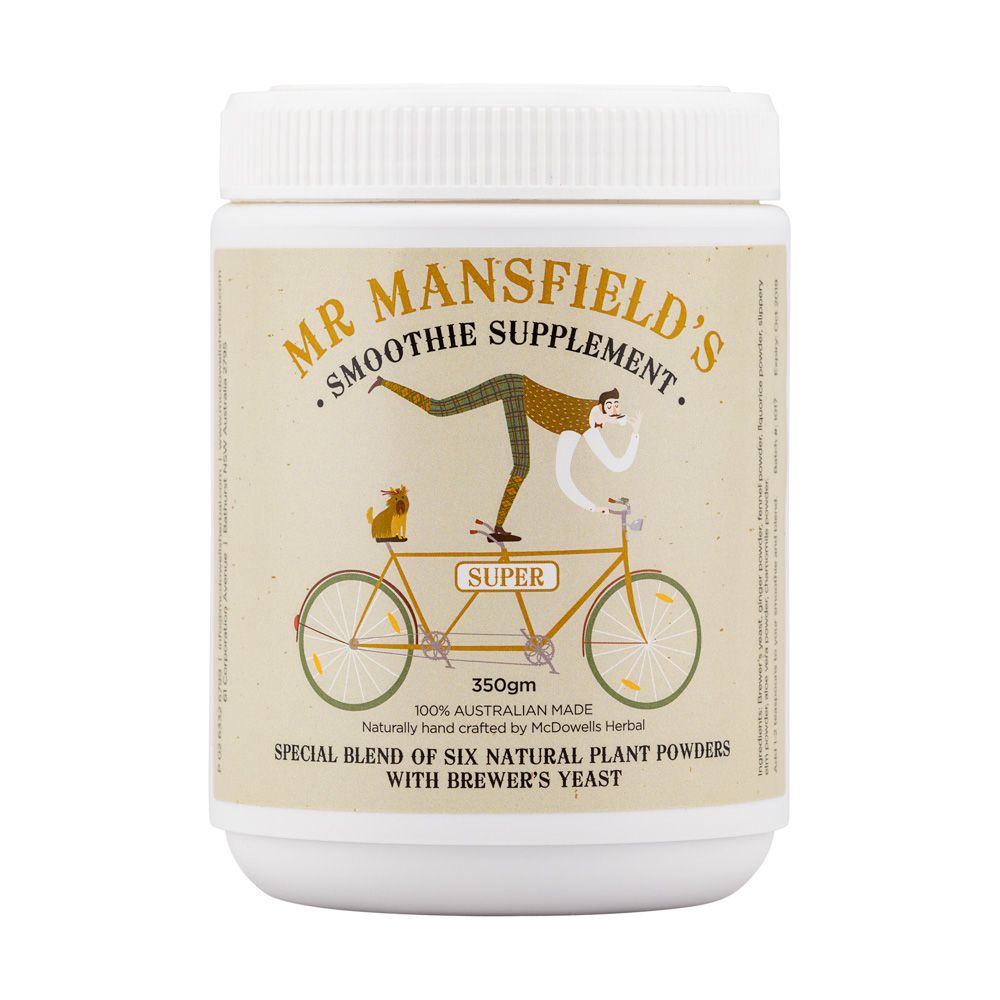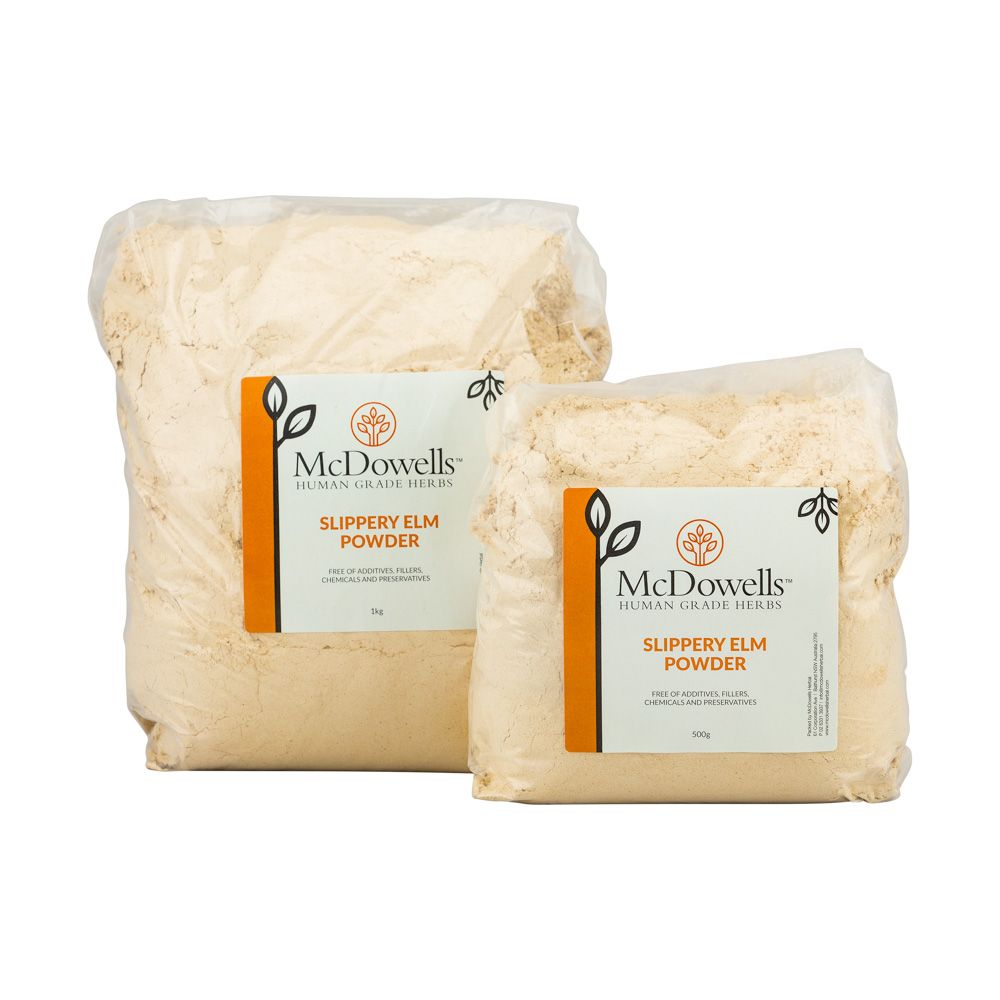Gastro Intestinal Tract (GIT) health depends on all the organs supporting the digestive system performing in harmony and the gut itself functioning calmly and moving food along through the various stages of digestion until it is converted into a normal stool in the descending colon and discharged.
It is very common for people to unconsciously interfere with the harmony of the digestive system as a result of their efforts to deal with stresses in their life. Around 40% of my patients of all ages come to me with problems which are derived from such interference.
The whole range of problems from children with pains in their tummies on a morning they are due to go to school when they first start, to teens with weight problems or anorexia, adults with everything from hiatal hernia to piles and older folk with stomach and bowel cancer.
Those patients who react by unconsciously inducing cramping in the muscular bag we call the stomach when under the stress of challenge, are those who go on to suffer from stomach ulcers eventually. This class of stomach ulcer was typical of a younger male beginning his career and finding himself a little out of his depth in the situation. Stress induced gastric ulcer patients of course come in both sexes and all ages, but the younger male under challenge is the classic example. Just as a teen female with a body image problem is the classic example of an anorexic patient.
The ulceration which results is simple to understand actually, because the stomach is filled with quite strong Hydrochloric Acid which is needed in the gut to break down carbohydrates in the grains and root vegetables which form a large part of most diets.
The stomach is a muscular organ and it is in constant motion, both to mix up the food, which is being processed when it is full, and while empty as well. It moves constantly to stimulate the cells lining the walls to produce large amounts of mucus which acts to protect the stomach walls from attack from the acid, which is always there waiting for the next meal.
If the smooth muscular contractions are interfered with, the cells lining the walls cannot produce enough mucus and acid can begin to irritate and ultimately break down the lining and attack the muscular walls themselves. Such erosion is painful and very difficult to heal in such a hostile environment. This is a gastric ulcer.
If such erosion is allowed to continue, there is a risk that it could perforate a large blood vessel within the muscular wall of the stomach and that blood could then leak into the stomach that is a very serious and potentially life-threatening situation.
During the last two or three generations there has also appeared larger and larger numbers of medically induced ulcers and actually in my practice I see more of these than the classic case described above.
The Use of Aspirin
Aspirin, which was originally synthesised by copying ingredients found in the bark of the White Willow Tree, was hailed as one of the most important break-throughs in medical science of the 20th century. Aspirin was found to treat pain, reduce fever and later on found also to thin the blood as a side effect. White willow, used for hundreds of years by traditional healers, also treats pain and reduces fever but does not have any side effects of a blood thinning nature.
Overuse of aspirin either as a pain killer or as a blood thinner will weaken the lining of the stomach wall and make those people using the aspirin much more likely to suffer from ulceration in the stomach.
Nowadays as I say, the majority of my gastric ulcer patients are suffering from drug induced ulceration aggravated by stress or by eating and drinking habits which include too much coffee, particularly on an empty stomach and too much in the way of acid producing food such as sugar, many concentrated fruit juices and white flour.
Therefore a typical gastric ulcer patient nowadays may be an older person who has been put on aspirin as a blood thinner because of circulation problems like hardening the arteries or stroke or heart disease or a younger person, popping headache pills and having coke or coffee with a cigarette for breakfast and takeaway food or cakes for snacks during the day.
In the last few years I am being called upon to treat many horses with gastric ulcers, which is really a rather new development. These cases are almost entirely due to the use of strong antiinflammatory pain killers like 'Bute' to allow them to continue to work while suffering from pain due to ligament and bone damage.
Stress and Ulcers
Stress can be part of the problem in horses as well as a recent study testing the time of the day when racehorses in stables were most stressed. It turned out to be 4.30 in the morning when the stable lights were first turned on.
My conclusion is that this is due to the fact that in the lives of the modern race horse, locked up away from their kind in individual boxes and from pasture and the freedom to roam is both boring and stressful.
When the lights come on first thing in the morning they don't know what is going to happen to them. Someone might show up with a bloody great needle and stick it into their neck first thing, they may be stuck in their box all day long, it could be a normal training day or it could be that they are racing in the Melbourne Cup.
Their stress levels don't abate each morning until they know what is in store for them.
I doubt that gastric ulcers ever featured as a medical problem in horses in the wild, except perhaps a stallion in the rut attempting to keep control of all his mares, while fighting off challengers and not having time to eat or to rest properly.
For a while 10 years or so ago we were being told that gastric ulcers were caused by a particular bacterial infection and that treatment needed to include aggressive antibiotic therapy. This was the most nonsensical suggestion yet as to their cause. It may well be true that a certain bacteria is found in the stomach of an ulcer sufferer but it is much more likely that this is an opportunistic bug and is there as a result of the irritations leading up to ulceration than in any way causing ulcers.
Experience with Gastric Ulcers
When I suffered from gastric ulcers in the 70's, as a young man acting as a technical representative for a multinational mining engineering company based on my own in Peru while negotiating contracts with government agencies (how typical was that?) I was offered anti-acid medication.
This helped momentarily as it neutralised all the acid in my stomach for a short time. However as I discovered quite quickly the pain came back because the acid was replaced. In fact anti-acids stimulate acid production because it uses up so much that the body must respond by increasing the supply.
I found out on my own that eating lots of small meals and drinking lots of milk (fatty and slow to digest) helped. I also found that stopping Coffee definitely helped.
As the problem became worse when I was then based in the US I was offered a choice between surgically severing some of the acid producing ducts in an attempt to reduce acid to the stomach or the then experimental drugs that inhibit acid production.
Instead I chose to learn Transcendental Meditation TM, which fixed my stomach contractions immediately, and the gastric ulcers soon afterwards.
Most of my human patients nowadays have been prescribed variations on the drug therapy I was offered way back then and my horse patients are routinely given medication, which inhibits acid production. I keep asking horse owners how they expect their animals to digest their grain? Grain is the main source of carbohydrate in the feed of a stabled horse, if they can�t produce enough acid in their stomachs to diges their grain how can they possibly be healthy?
After all of this you ask, "OK how do I treat my gastric ulcer?"
This is simple:
1. Do something about any stress factors involved.
2. Do something about the drugs you are taking which aggravate the situation.
3. Do something about dietary habits, which aggravate the situation.
4. Take something, which will protect the damaged stomach wall while it heals.
5. Take something, which will help to normalise the whole digestive process.
A course of Slippery Elm Bark Powder comprising a dessertspoon of powder mixed into a paste with a small amount of cold Chamomile Tea and swallowed half a teaspoonful at a time will coat the oesophagus and stomach lining with a protective coating, which will last around 30 hours. A 12 weeks uninterrupted course of Slippery Elm will allow the mucus lining cells to cover any erosion and mature so that you have a brand new lining in your stomach.





